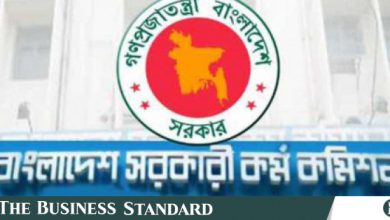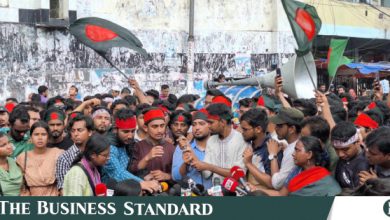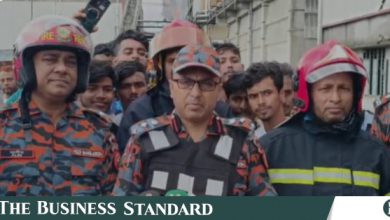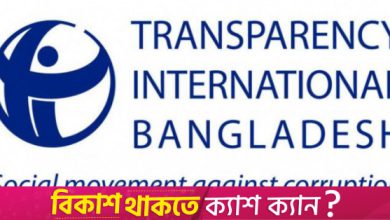Mobile data service disruptions reported in Dhaka, other regions


People in Dhaka and other regions of the country have experienced disrupted mobile data services for over 24 hours, significantly impacting the use of popular social media applications such as Facebook and Messenger.
Affected areas in the city include Dhanmondi, Nilkhet, Palashi, Science Lab, Green Road, Jatrabari, and university-centric locations nationwide.
Since morning, customers were reportedly unable to access 4G mobile service anywhere in the country.
“I usually check my mail or stream music during my morning commute to the office, but today I couldn’t access the internet,” said Taj Islam, a private sector employee.
“Even though the network bar showed 3G, there was no internet connection. I even restarted my phone to see if it was a hardware issue, but there was no connectivity from Mohammadpur to Moghbazar,” he told The Business Standard.
The reports of interruption started to appear after Tuesday (16 July) midnight and have become more pronounced amid the nationwide student movement for quota reform, which has recently turned violent.
Since the early hours today (18 July), users in the capital and neighbouring areas like Narayanganj, Tongi, and Gazipur, reported facing significant inconvenience due to the ongoing disruption. Sources from Pabna, Khulna, Noakhali, Lakshmipur, and Rangamati also confirmed a disruption in mobile internet services since last night, with 4G data completely unavailable.
Earlier, the restriction on mobile data use was primarily imposed on university campuses over the past two days.
“The National Telecommunication Monitoring Centre (NTMC) has imposed the restriction, not the mobile operators,” said a senior executive at a leading mobile operator company, who wished to remain anonymous.
Speaking off the record, another telecom operator representative said, “NTMC has direct access to our systems and the monitoring agency itself switched the network to 2G nationwide. However, until last night, they would usually instruct us on what to do or not to do.”
On one hand, the NTMC has not made any official announcement regarding this, and on the other hand, no mobile network service operator has agreed to comment officially on this matter.
NTMC Director General Brigadier General Ziaul Ahsan could not be reached for comment via mobile phone.
BTRC Secretary Noor-E-Khaja Alamin told The Business Standard, “We are currently investigating the issues before issuing any statement.”
Despite having sufficient data, users of Grameenphone, Banglalink, Robi, Airtel, and Teletalk have reported being unable to access the internet via mobile data.
However, broadband services remain mostly unaffected, providing uninterrupted internet access in homes and offices with only sporadic reports of disruption.
According to service providers, these disruptions were a result of fiber optic cuts.
The Bangladesh Telecommunication Regulatory Commission (BTRC) and the mobile operators have not yet released an official statement addressing the issue.
Wishing not to be named, another mobile company official said there is no technical issue on their end, but there are ways to reduce internet speed at the customer level.
The restriction coincides with the deadly student protests in the last few days. All the universities have been declared closed indefinitely, and students have been asked to leave their dormitories.
The students’ platform for quota reform has called for a countrywide ‘complete shutdown’ across the country today (18 July).




